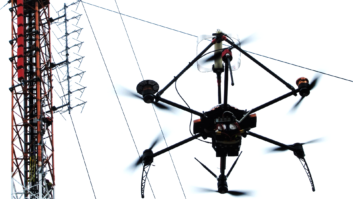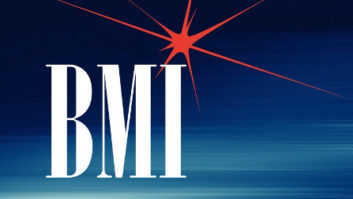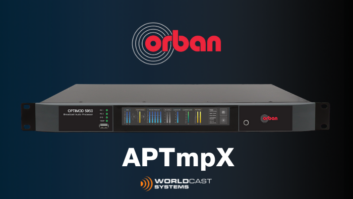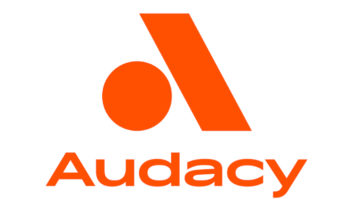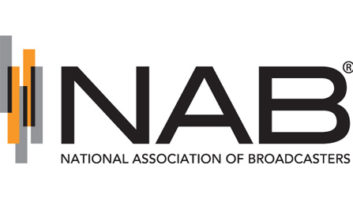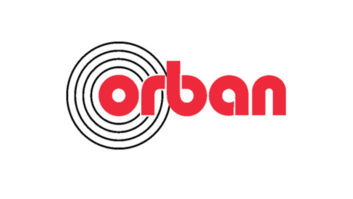A bill to charge radio stations a copyright fee for music airplay has been reintroduced in both houses of Congress.
NAB President/CEO David Rehr has urged lawmakers to oppose the bills, writing in a letter to House Speaker Nancy Pelosi, D-Calif.: “Although the big record labels have seen their revenues decline over the last decade, local radio broadcasters are not the reason the recording industry is losing money, and it should not be the industry to fix it.”
The record labels support the “Performance Rights Act,” saying it will close a loophole in U.S. copyright law that exempts terrestrial radio from paying the fees. Supporters, including the major record labels and AFTRA, say the money generated from the fees would pay musicians and artists.
NAB disputes this, saying the billions of funds in fees would go to the labels instead.
Senate Judiciary Committee Chairman Patrick Leahy, D-Vt., introduced the bill in the Senate; House Judiciary Committee Chairman John Conyers, D-Mich., introduced the House version. Senate co-sponsors include Sens. Orrin Hatch, R-Utah, Dianne Feinstein, D-Calif., Bob Corker, R-Tenn., and Barbara Boxer, D-Calif.
House co-sponsors are Representatives Howard Berman, D-Calif., Darrell Issa, R-Calif., Marsha Blackburn, R-Tenn., Jane Harman, D-Calif., John Shadegg, R-Ariz., and Paul Hodes, D-N.H.
If the measure passes, terrestrial radio stations would make one payment annually under a rate set through negotiations or by the Copyright Royalty Board for all the music they play. Small commercial stations would pay $5,000 per year while noncommercial stations would pay $1,000 per year. Incidental music on talk stations would be exempt.
The MusicFirst coalition, made up of record labels, the Recording Industry Association of America, SoundExchange and artists’ groups, argue that “radio stations” delivered via satellite, cable or Internet pay the performance fees.
Broadcasters argue that record labels and performers benefit financially from free airplay over terrestrial radio.





